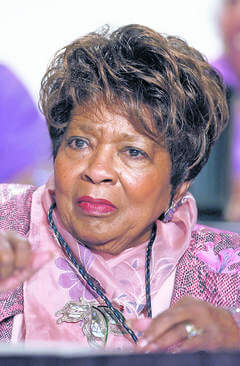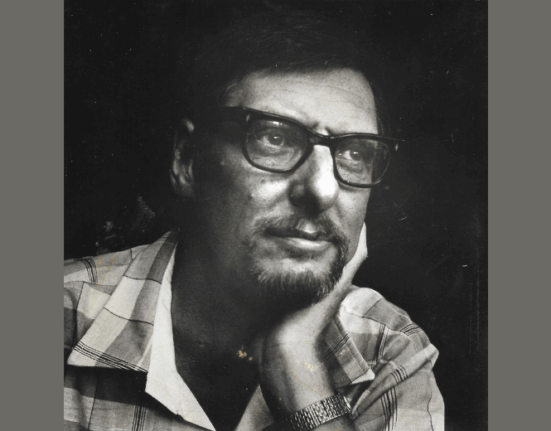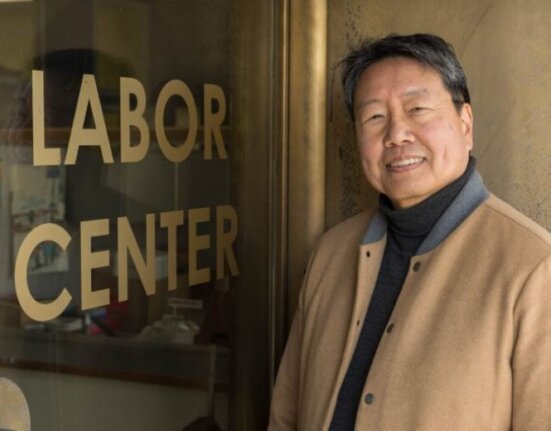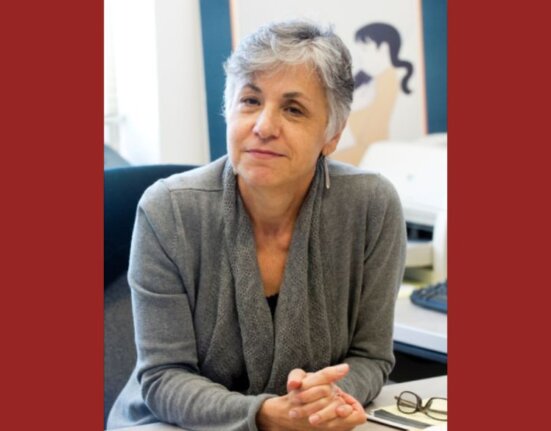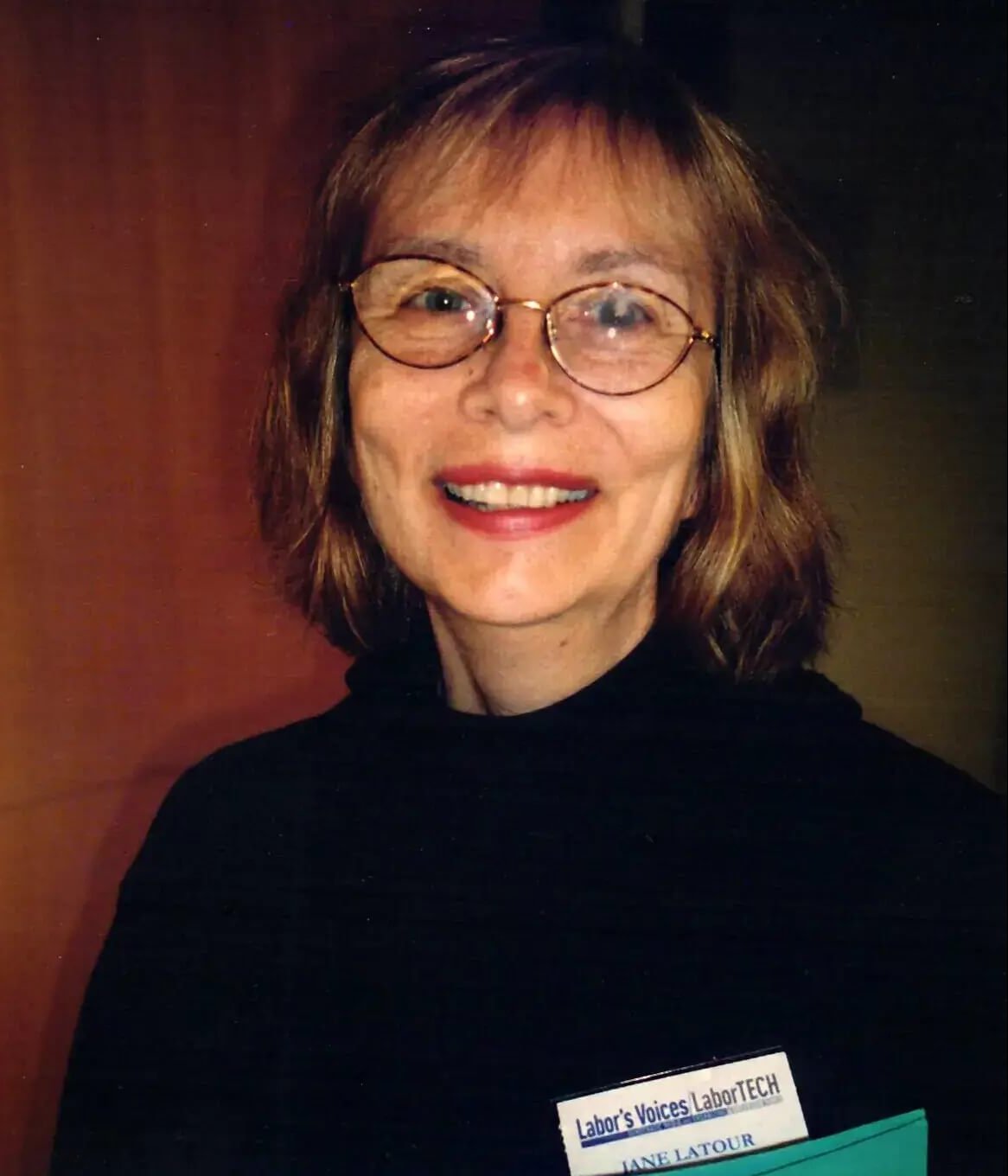
On March 28, 2012, the labor community lost Rev. Addie Wyatt, a true champion for working people and one of the most influential labor leaders of the twentieth century. For five decades, since the early 1950s, she dedicated her life to improving the lives of all working people, both within and outside of the workplace. Rev. Addie Wyatt blended a grassroots commitment with dynamic leadership roles not only in the labor movement, but in the areas of civil rights and women’s rights.
Addie Wyatt began working in the meatpacking industry in 1941. She originally applied to work as a typist for Armour & Company, however, black women were barred from holding office and clerical positions there. Instead, Wyatt was put to work canning stew for the army. In 1942, she joined the United Packinghouse Workers of America (UPWA), at the time one of the most progressive unions in the nation, which boasted significant and active African American and female membership. She became a convert to the UPWA’s blend of interracial social unionism, leadership from the bottom-up mentality, and willingness to engage the problems of its female workers.
During the 1950s, Addie Wyatt’s concern for the rights of working people, women and minorities, and her belief in the principles of the organized labor movement ultimately placed her on a path to union leadership. In 1954 she became the first African American female president of a UPWA local. That same year, UPWA District One Director Charles Hayes tapped Wyatt to become an international representative for the union where she proved herself to be a skilled organizer, negotiator, political educator and fundraiser. In 1968, due to declining membership and contracts, the UPWA merged with the Amalgamated Meat Cutters and Butcher Workman of North America. Addie Wyatt went on to become the founding director the Women’s Affairs Department of the Amalgamated Meat Cutters and Butcher Workman and became its first female International Vice President in 1976, the same year in which she was honored being one of Time Magazine’s Twelve Women of the Year. In 1984, she retired from her posts as International Vice President and Director of Women’s Affairs and Civil Rights for United Food and Commercial Workers. At the time, she was one of the highest ranking and most visible African American women in the organized labor movement.
Addie Wyatt endeavored to make the organized labor movement more inclusive of women and minorities. She was a founding member of the Chicago Chapter of the Negro American Labor Council in 1960, the Coalition of Black Trade Unionists in 1972 and the Coalition of Labor Union Women in 1974. Though the labor movement was her home, Addie Wyatt’s activism knew no boundaries. Her leadership and activism extended to the civil rights and women’s rights movements. Wyatt participated in civil rights struggles in the South and in Chicago, working for voting rights, open housing, equal education and against police brutality. An ordained minister in the Church of God, she and her husband, Rev. Claude Wyatt founded the Vernon Park Church of God in 1955 and remained active in Chicago politics and community organizing. The Wyatts were also founding members and leaders in Operation Breadbasket.
Addie Wyatt was appointed by Eleanor Roosevelt to serve on the Protective Labor Legislation Committee of President John F. Kennedy’s Commission on the Status of Women in 1962. As a women’s rights advocate, she worked tirelessly for better medical care for working women, access to adequate child care, equal pay and the passage of the Equal Rights Amendment. As a political activist in Chicago, she supported Harold Washington’s candidacy for mayor of the City of Chicago in 1983 as co-chair of The Women’s Network for Washington.
Rev. Addie Wyatt’s commitment to the labor movement, the civil rights movement, the women’s movement and the overall betterment of working people’s lives has inspired generations of activists. Her lifelong activism and leadership leaves an indelible imprint on the history of the American labor movement and struggles for social, political and economic justice.
Marcia Walker
PhD Candidate, Department of History
University of Chicago

